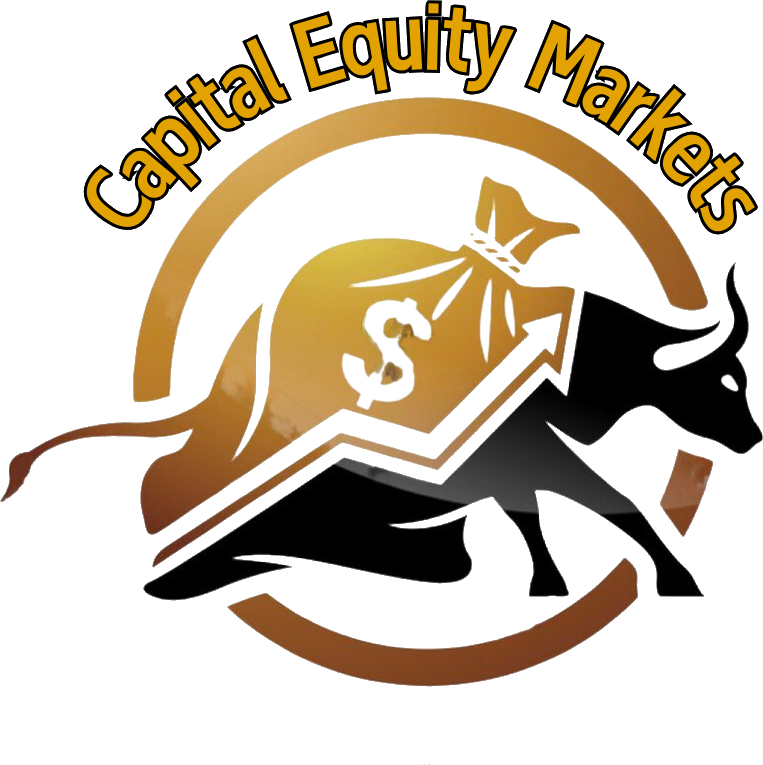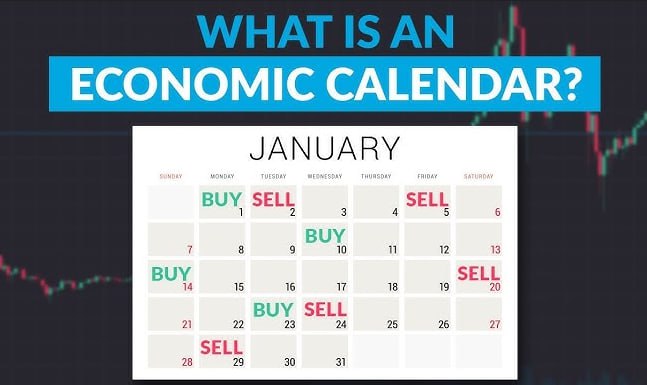How Economic Calendar Events Affect Financial Markets.
Economic calendar events are critical data releases, policy decisions, or scheduled announcements that provide insights into the health and direction of an economy. These events are highly anticipated by traders, investors, and policymakers as they can significantly impact financial markets. Understanding how these events influence asset prices, market sentiment, and trading strategies is essential for anyone participating in the financial markets.
What is an Economic Calendar?
An economic calendar lists scheduled economic events, including data releases, central bank meetings, and geopolitical developments. Examples of common events include:
Employment Reports (e.g., U.S. Non-Farm Payrolls)
Inflation Data (e.g., Consumer Price Index or CPI)
Central Bank Meetings (e.g., Federal Reserve rate decisions)
Gross Domestic Product (GDP) growth reports
Purchasing Managers’ Index (PMI) surveys
Retail Sales Data
Trade Balance Reports
Each event provides critical information that can reshape market expectations and valuations.
How Economic Calendar Events Impact Financial Markets:
1. Equity Markets
Economic data releases influence stock prices as they provide clues about corporate earnings, consumer behavior, and economic growth prospects.
Positive Data: Strong employment reports or rising consumer spending may boost equities, particularly in sectors like retail, technology, or financials.
Negative Data: Weak GDP growth or poor manufacturing data could weigh on stock indices, as these signals imply slower corporate profit growth.
Market reactions often depend on whether the data exceeds or falls short of expectations, not just the raw numbers themselves.
2. Bond Markets
The bond market is especially sensitive to economic calendar events because they shape expectations for interest rates and inflation.
Higher-than-expected Inflation Data: May lead to a sell-off in bonds, as investors anticipate central banks tightening monetary policy.
Weaker Economic Data: Could prompt a rally in bonds, particularly government securities, as investors seek safety and expect rate cuts.
Central bank decisions, such as changes in interest rates or quantitative easing measures, are among the most impactful events for fixed-income markets.
3. Foreign Exchange (Forex) Markets
Currency traders closely monitor economic calendar events for insights into monetary policy and relative economic performance.
Interest Rate Decisions: Central bank rate hikes often strengthen a currency, as higher yields attract foreign capital.
Employment or Inflation Reports: Better-than-expected data typically bolsters a currency, while disappointing numbers may weaken it.
Trade Balance Reports: Surpluses or deficits can influence currency demand based on export and import flows.
The forex market often reacts sharply to surprises, as traders adjust their positions to align with new data.
4. Commodities Markets
Economic calendar events influence commodity prices, particularly those tied to global demand and inflation.
Energy Markets: Oil prices, for example, are sensitive to GDP and manufacturing data that reflect demand.
Precious Metals: Gold and silver often move in response to inflation and central bank decisions, acting as hedges in times of uncertainty.
Key Events and Their Market Effects
Non-Farm Payrolls (NFP)
The U.S. NFP report is among the most significant monthly events, detailing job creation and unemployment rates. It impacts the stock market, bond yields, and the U.S. dollar. Strong job growth can signal economic expansion, while weak data may trigger concerns about a slowdown.
Federal Reserve Meetings
Fed meetings often dominate the economic calendar. Decisions about interest rates or asset purchases can cause significant volatility across all asset classes, including equities, bonds, and currencies.
Inflation Reports
Inflation data, such as the CPI or Producer Price Index (PPI), guides expectations for future central bank policy. Higher-than-expected inflation often results in risk-off sentiment, leading to declines in equities and bonds while boosting safe-haven assets like gold.
Gross Domestic Product (GDP)
GDP reports measure overall economic growth. Markets typically react positively to growth above expectations and negatively to contractions or weaker-than-forecast numbers.
Market Volatility and Trading Strategies
Volatility During Key Events
Economic calendar events can create short-term volatility as traders adjust their positions. For instance, a surprise interest rate hike may lead to rapid selling in equities and bonds, while boosting the currency of the central bank making the decision.
Trading Strategies Around Events
Pre-Event Positioning: Traders may enter positions based on expectations leading up to an event, often using historical data and forecasts to guide decisions.
Post-Event Reaction: Rapid market reactions following an event create opportunities for short-term traders to capitalize on momentum.
Hedging: Investors may hedge their portfolios with options, futures, or other derivatives to protect against adverse movements during high-impact events.
Global Implications of Economic Calendar Events
Economic data from major economies, like the U.S., Eurozone, or China, often have global repercussions. For example:
U.S. Data: As the world's largest economy, U.S. data influences global risk sentiment and asset prices.
Chinese Economic Data: Impacts commodity markets and global growth-sensitive equities.
Geopolitical Events: Trade wars, sanctions, and other geopolitical developments often result in market-wide adjustments.
Conclusion:
Economic calendar events are pivotal in shaping financial markets. By influencing investor sentiment, guiding monetary policy expectations, and providing a snapshot of economic health, these events play a central role in market dynamics. For traders and investors, staying informed about upcoming events and understanding their potential implications is crucial to navigating volatility and making informed decisions in an ever-changing financial landscape.



